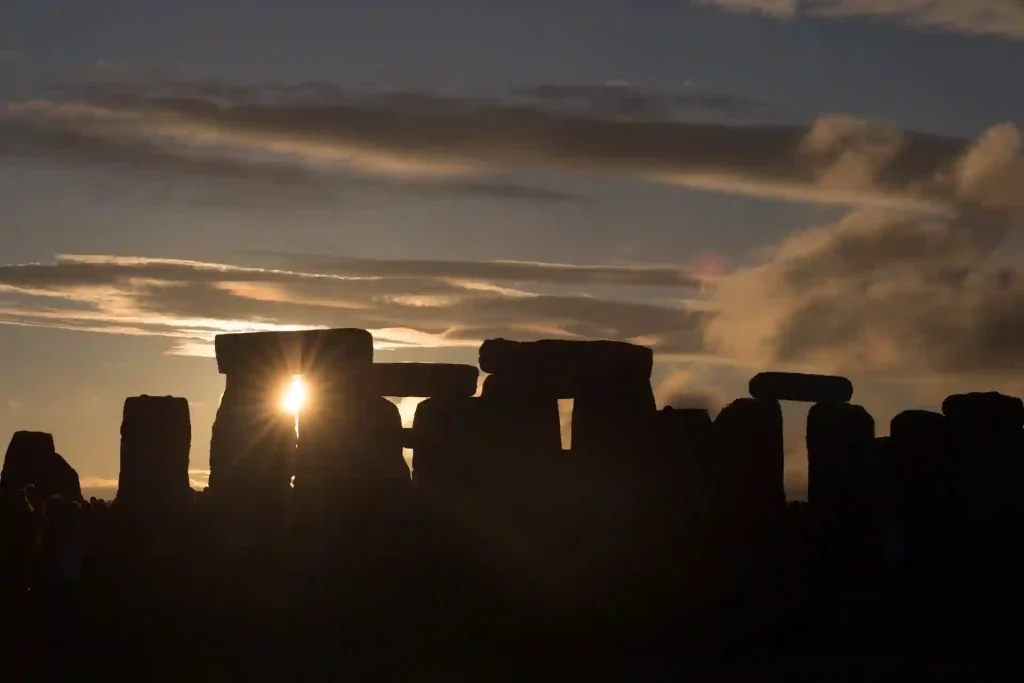We all know that the summer solstice marks longer days of the year, which are ideal for beach visits and barbecues. While many people understand its significance in indicating the start of extreme summer, some lesser-known facts make the summer solstice 2024 particularly fascinating. We are here to reveal several secret truths about this year’s solstice, which add to its cosmic and cultural significance.
1. The Earliest Solstice in Centuries
The summer solstice 2024 is scheduled for June 20th, marking the earliest in nearly 230 years! The last time the solstice fell this early was back in 1796. This unusual phenomenon is caused by the Earth’s slightly unstable orbit around the sun, which causes the solstice date to vary by a few hours every year. Don’t pass up this opportunity to watch a historical celestial phenomenon that dates back to the 18th century!
2. Summer vs. Winter: Difference Around Globe
While the Northern Hemisphere enjoys the longest day of sunshine, the Southern Hemisphere gets the exact opposite. On June 20th, as half the world celebrates the summer solstice, the other side of the world observes the winter solstice, which brings shorter days and cooler temperatures. It’s a fascinating reminder that seasons change depending on where you are on the planet.
3. Stonehenge’s Mystical Sunrise
Stonehenge, England’s enigmatic monument, is more than a pile of rocks. It is thought to be perfectly aligned with the summer solstice sunrise. On this special day, the sun rises over the Heel Stone, a massive standing stone located outside the main circle, and the first ray directly passes into the heart of Stonehenge. This exact alignment has generated speculation that the ancient builders had extensive astrological knowledge and spiritual beliefs related to celestial cycles.

4. People’s Celebration of Summer Solstice
The summer solstice is more than just a shift in the weather; it is a global event with various traditions. In Europe, bonfires light up the night, signifying the triumph of light over darkness. Scandinavia celebrates Midsummer with feasts and dancing, while tribes across North America hold ceremonies to commemorate the Earth’s richness and natural cycles. These global rituals reveal a shared love for the sun and its influence on cultural traditions across generations.
5. The Hottest Day Myth
Contrary to popular opinion, the summer solstice does not necessarily bring the highest temperatures. It takes time for Earth’s land and oceans to absorb excess sunlight. So, while you may like the longer evenings, the peak of summer heat usually occurs in July or August after the planet has fully absorbed the sun’s radiation.
More! 7 Safety Hacks for Protection Against Heat Wave
When you celebrate the summer solstice 2024, remember that there is more to it than meets the eye. It’s more than just longer days; it’s a monument to our planet’s complex orbit around the sun. This celestial event also honors several cultural traditions around the world and it signifies the advanced knowledge of science from ancient times. As you enjoy the sun on June 20th, 2024, impress your friends with these intriguing facts about our solar system and global light festivals!



